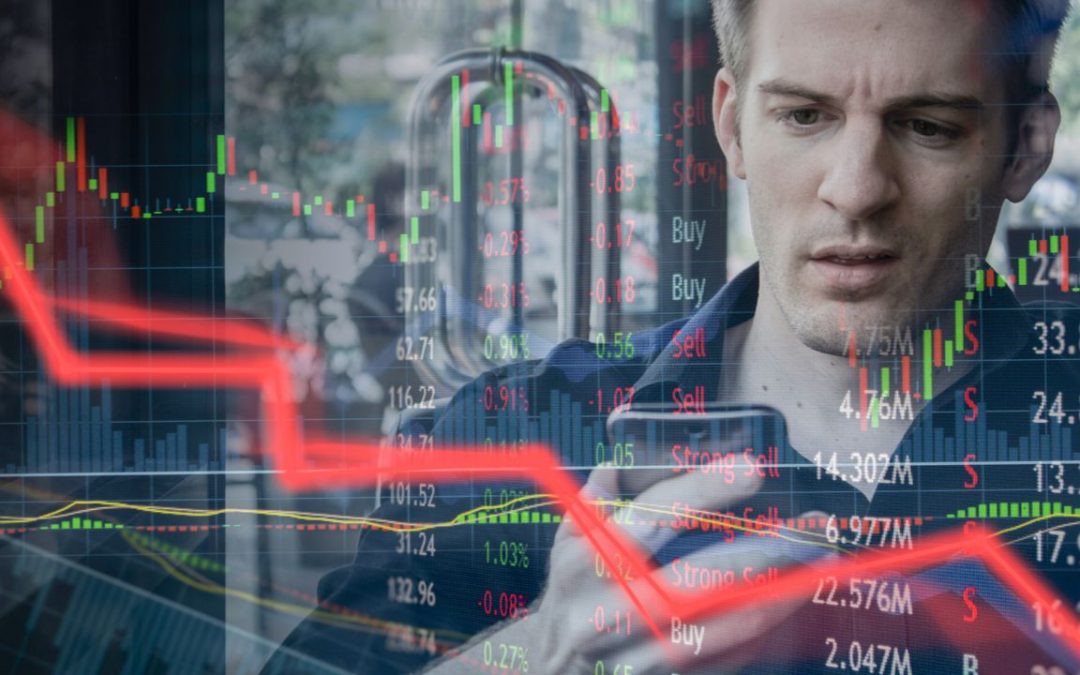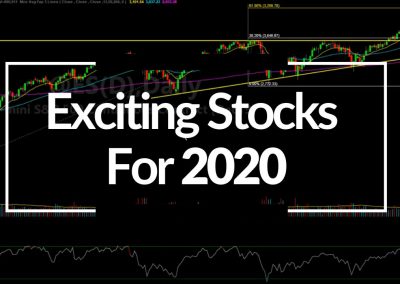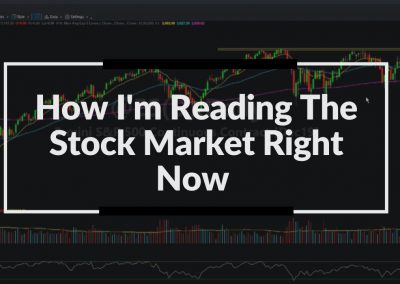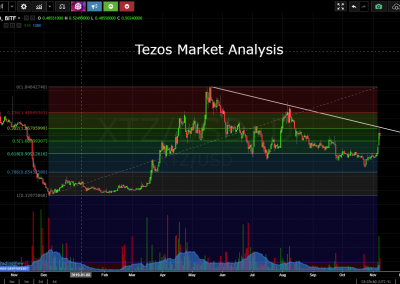How to End Cryptocurrency FOMO
The concept is not new. Most people understand that FOMO is an acronym for the fear of missing out. It’s the feeling you get when you scroll through social media while at work or home and see snippets of everyone’s life in the perfect filter, full of smiles, and feel like you’re missing something.
It affects all aspects of our lives. But it when it affects how we invest, it can have devastating consequences. If you want to be a successful investor, you need to know how to end FOMO.
How FOMO Works
In cryptocurrencies, it can happen as easily as scrolling through the many videos available from investors providing advice on cryptos with lambos in the background. These images create an unease inside of us and make us wish we could have the same epic ROIs. And while this can be a good motivator to work harder for a better life, using FOMO to control your actions when investing is a sure way to lose your entire investment.
When we talk about FOMO regarding investment, we describe an impulsive behavior where an investor acts irrationally to increase profits inspired by a sudden unforeseen circumstance.
This circumstance comes on rapidly and gives the investor a limited window to act with the belief that failing to do so will result in a loss of significant profit. This action, however, is typically counter to the investor’s established market strategy. It’s a mindset of, “if I don’t buy now, I’ll regret it later.”
Anyone can fall victim to FOMO, not only people who are unfamiliar with the market. Experienced traders make similar mistakes at times. The power of the herd to convince others has caused multiple irrational market shifts. Beanie Babies are a great example.
Why FOMO Is Bad
Thinking that “FOMO can’t always end badly because some people do profit from rushing blindly into an investment” is the wrong mindset to have. This can leave you victim to FOMO as well. Those who caught onto investing Bitcoin at the end of 2017 have undoubtedly thought back wishing that they had invested before it began to skyrocket.
You’re not alone. And it’s not only cryptocurrencies that suffer from this. Apple, Monster, True Religion and many other companies have had low entries for investment and have taken off leaving others to ponder, “what if?”. This unproductive, backward type thinking does not really reflect how investors perceive the market. Think about it: anyone can be a great investor with hindsight.
Many Variables Make Cryptocurrencies More Vulnerable to FOMO
FOMO in cryptocurrency investment differs from other markets. Cryptos offer a low entry point. With a few clicks and a credit card, anyone can purchase Bitcoin and start trading for other cryptos. And ICOs made investing even more approachable.
Crypto markets function 24/7, and they are highly volatile. If you spend any length of time watching the markets, you will see a spread of price fluctuations that you “could have” jumped in on. The problem with this though is that the more you stare at this volatility, the more you start to question your original investment strategy and may end up overtrading trying to catch these waves.
When you combine all of these variables and add deregulation to it, you have the perfect storm for market manipulation with volatile swings that can drown investors out before they even start. Following FOMO with all of these characteristics can leave you falling victim to malicious parties who aim to benefit from people who act impulsively.
Weaponized FOMO
Weaponized FOMO is when an individual or group of individuals directly create events in the market that drive up prices and draw people towards purchasing certain cryptos. While there is a certain amount of organic FOMO in the markets due to human nature, it is entirely possible to manipulate it for your gain intentionally. And this does happen.
Pump and dump scams are notorious for doing this type of market manipulation. These groups will pump out fake news, tweets, YouTube videos, Facebook posts and even troll exchange chat groups to spread the word that a crypto is on the rise with the hopes of artificially pumping up the price.
Then these groups sell off their crypto as a profit and walk away before the market corrects itself and leaves people losing a significant portion of their investment.
How to Avoid Being the Victim of FOMO
The first step to avoid being a victim is to understand how FOMO works. It plays off of human emotions. We all strive to be part of something, some movement, some change, something of value. The Bitcoin craze of 2017 made many people very wealthy very fast. And those who missed that boat are searching for the next big take off so they can be a part of that too.
That’s the wrong mindset to have as an investor. You need to taper your expectations on returns and act rationally. Before investing any money into a cryptocurrency, you need to do your research, understand the market, the product, and the community. Then you need to set a plan. Build your portfolio, plan out your risks, and know when to cut losses. Finally, you need to maintain awareness.
Make FOMO an Ally
FOMO is a natural human condition. We all experience it. If you can understand what FOMO is and what its purpose is, you can use it to your advantage. You can listen to the market and watch people rush to a specific coin, and take a look at why they are running there and what the reaction is.
Then you can incorporate what you learn from that into your investment plan. The market provides excellent insight into human nature and the more you know about human nature and the market, the better prepared you will be to succeed.
Don’t run from FOMO, but don’t embrace it either. Understand it for what it is and learn from it. And most importantly, realize that you’re going to lose some and win some, but as long as you walk away with a profit, in the end, you’re doing something right. Once you learn to study FOMO as just another tool in your market analysis, you’ll end its influence on you.











